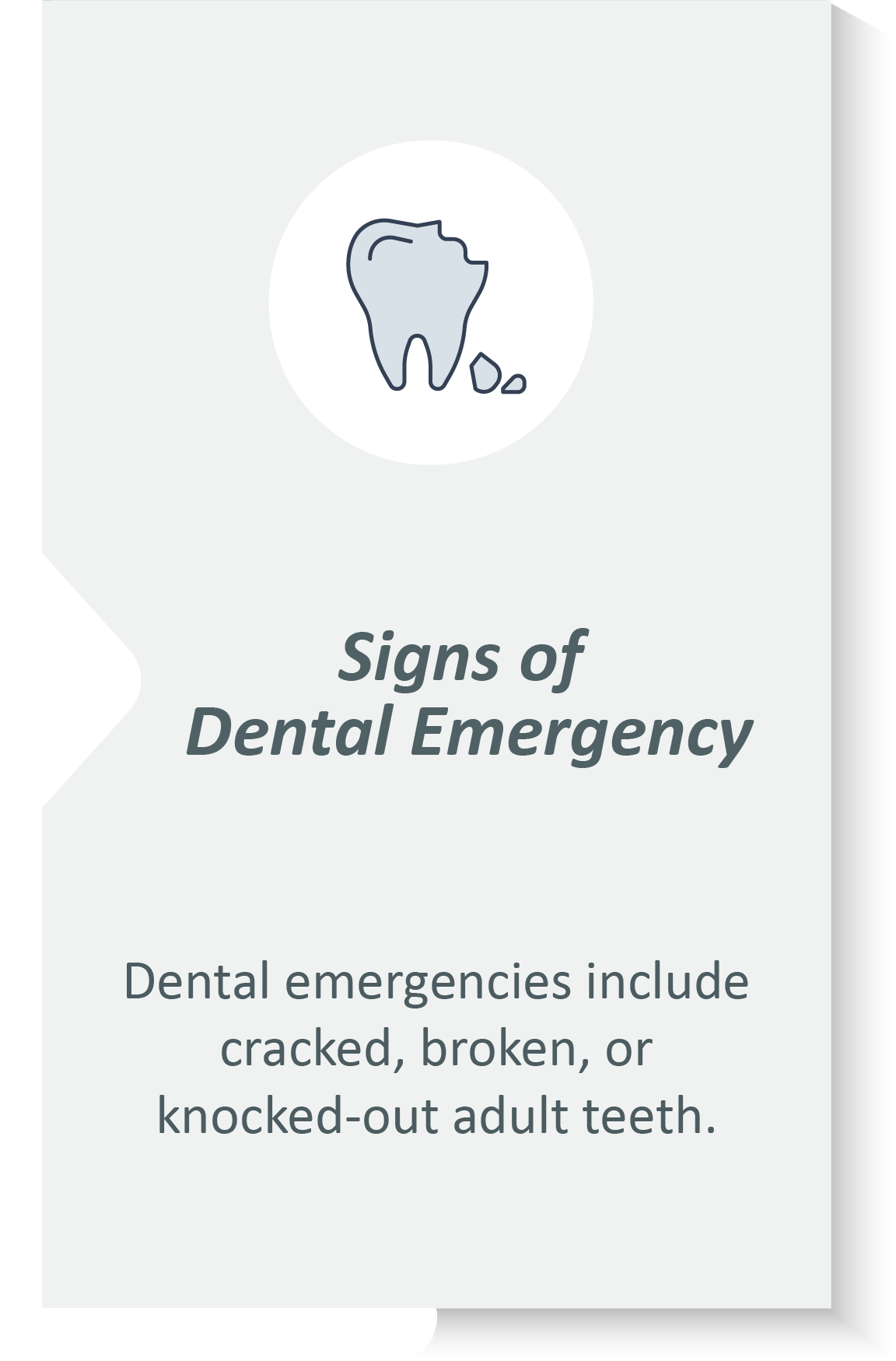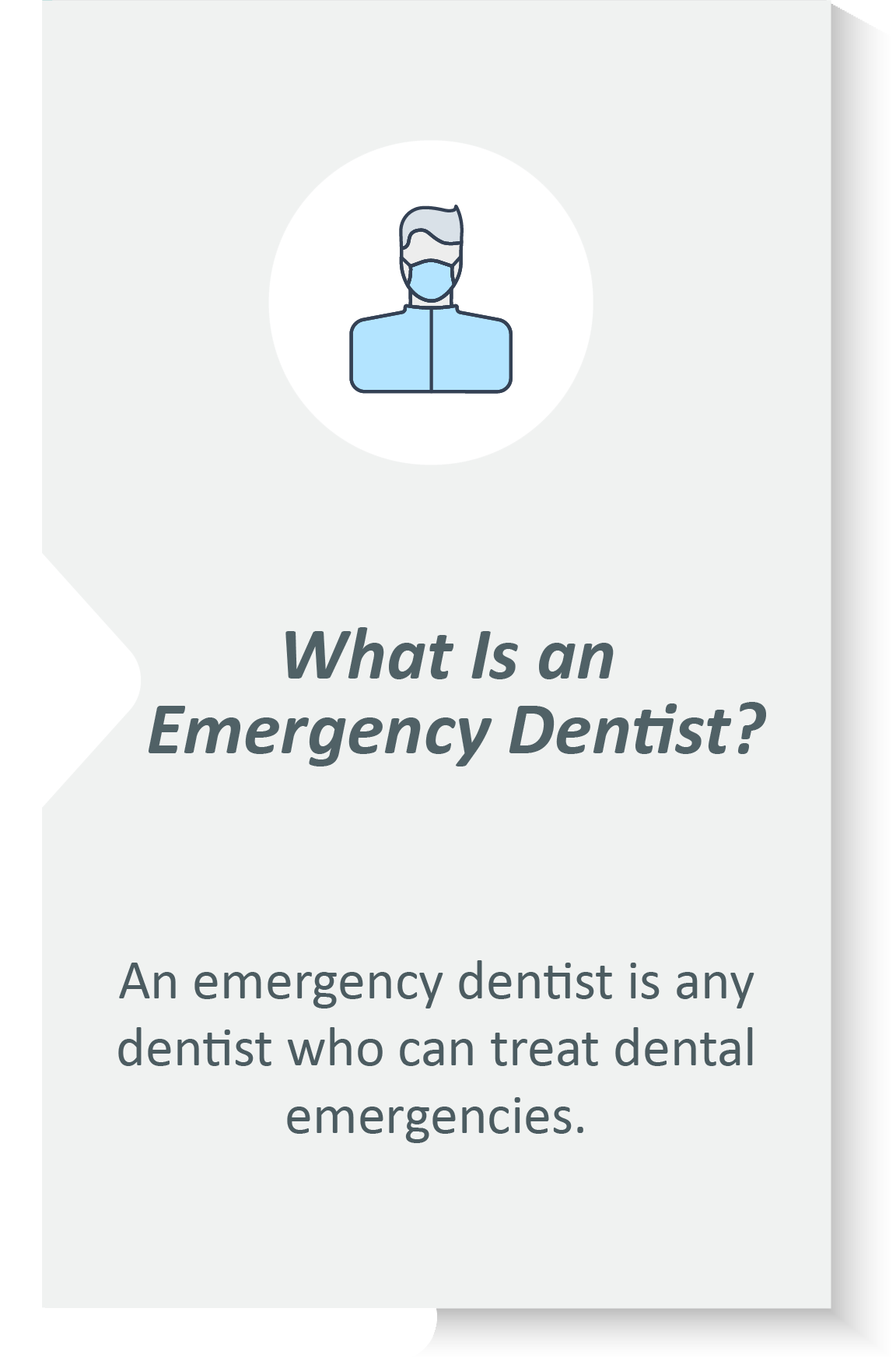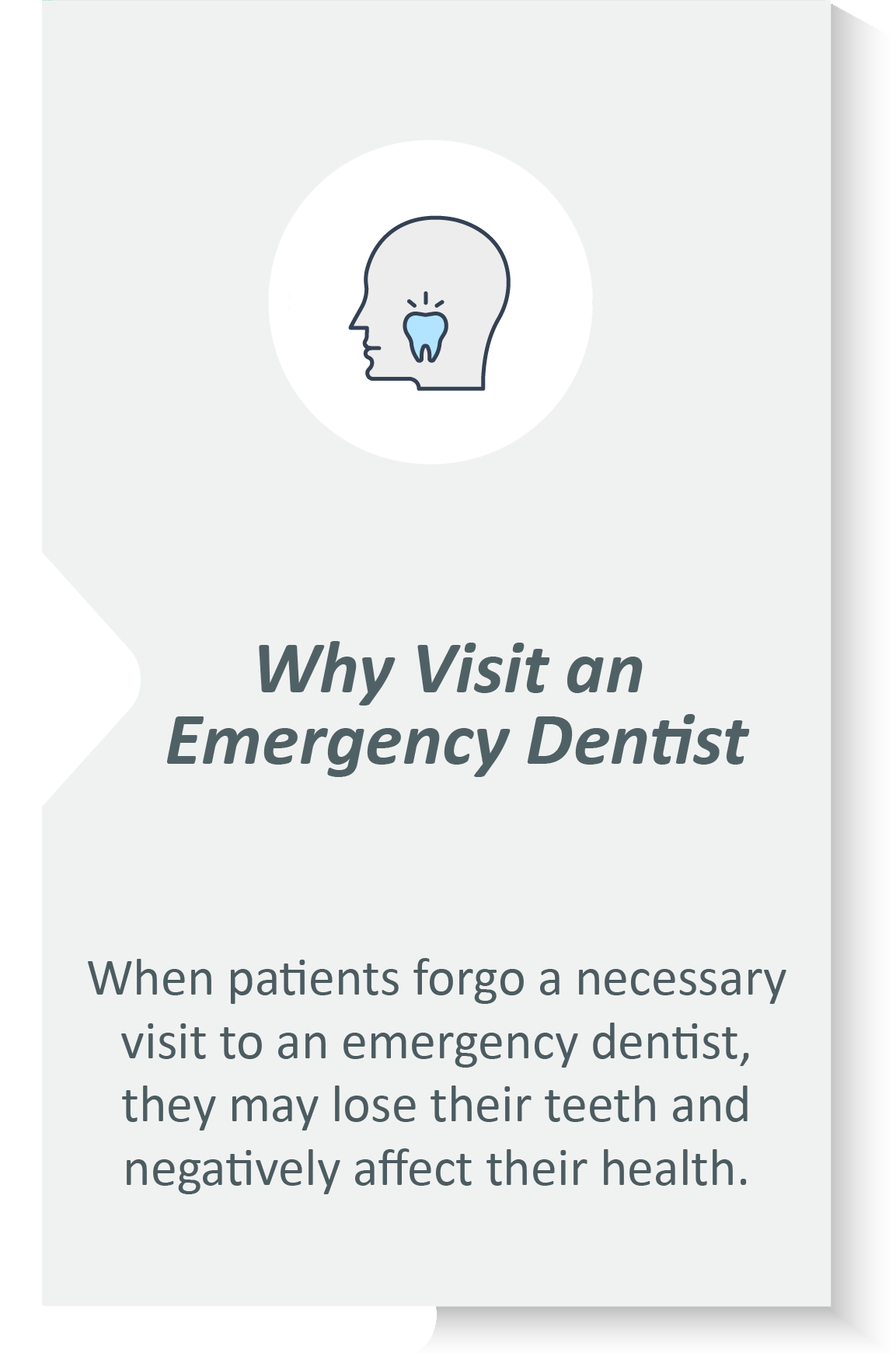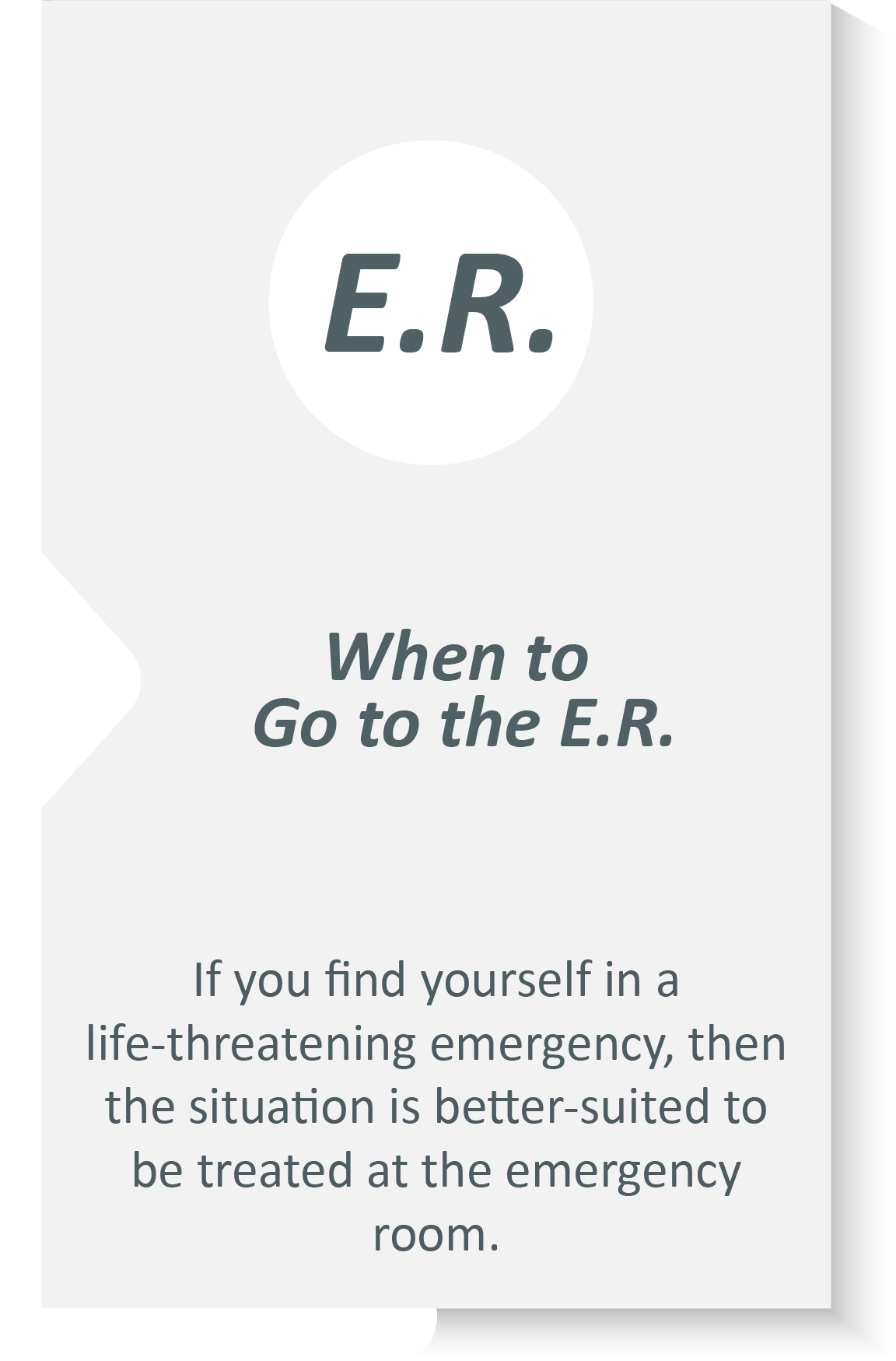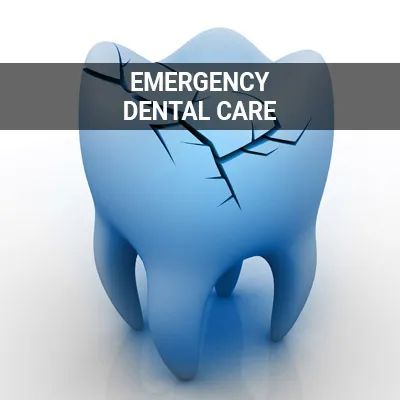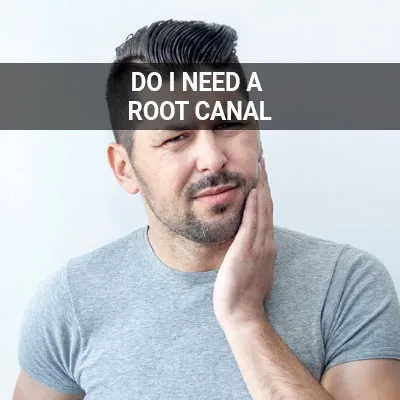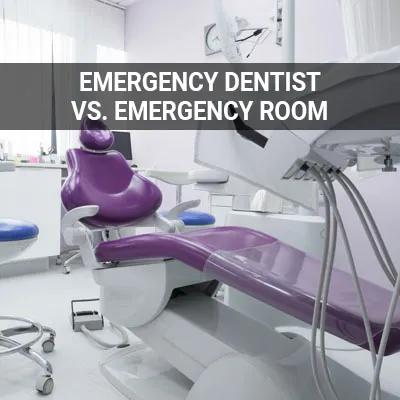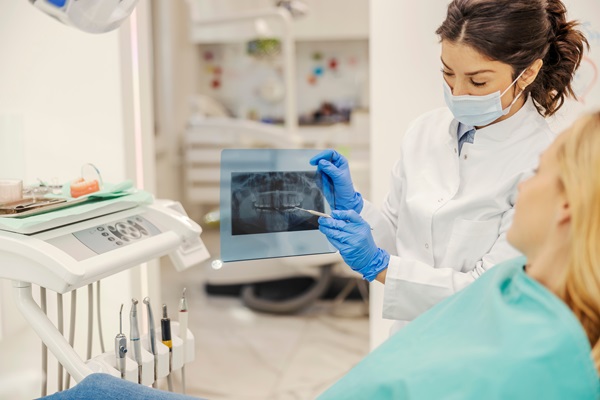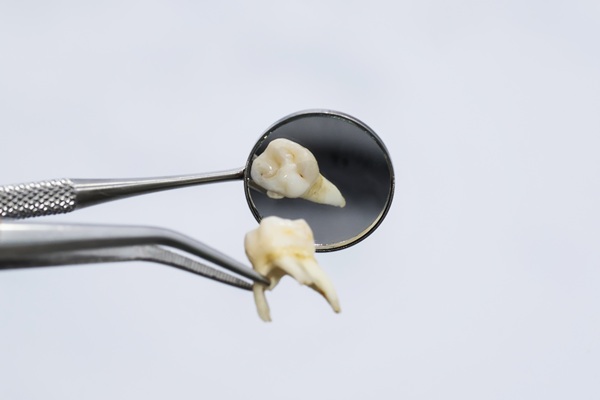Emergency Dentist Brooklyn, NY
While patients can avoid many oral problems with preventative care and regular visits to the dentist, emergency dental treatment is occasionally necessary. Dentists may administer this type of care during or outside of regular office hours to help patients with various oral problems, such as infections or missing teeth. Emergency dental treatment is care administered to relieve mouth pain without prior scheduling.
Emergency dental treatment is available at Nostrand Dental in Brooklyn and the surrounding area. We use this type of treatment to care for many common mouth problems to improve patients' oral health. Proper care and treatment are essential for helping patients recuperate from a dental emergency.
If you are experiencing severe mouth pain and need immediate medical treatment, call us at (718) 513-9685 to make an appointment and have your oral health restored.
How Emergency Dentistry Works
Most dental practices offer routine checkups and cleanings with appointments. For most minor problems, patients can call ahead to schedule an appointment within a few days to resolve the issue. Emergency dentistry treats patients dealing with significant dental trauma who need immediate care.
“Emergency dentistry treats patients dealing with significant dental trauma who need immediate care.”
When To Visit an Emergency Dentist
Not all oral problems require emergency dental care, so patients must examine their situation before making an appointment. Most minor issues can wait a few days for a scheduled appointment. However, there are several reasons to seek emergency dental care:
- Restorative emergencies: Accidents can occur at any time, and in the event of a missing or chipped tooth, it is best to seek immediate care. Restorative emergencies require dental care to preserve teeth, so they remain functional. Dentists can then replace teeth to restore the patient’s smile.
- Severe gum pain: According to WebMD, patients should visit the dentist if minor tooth, jaw, or gum pain lasts more than two days. However, those who are in extreme pain should visit the dentist immediately. Pain that persists despite taking over-the-counter medications, such as Aleve®, Tylenol®, or Advil®, could indicate a serious infection or gum disease.
- Tooth abscess: Tooth abscesses are caused by pockets of pus that develop underneath teeth. In addition to being extremely painful, a tooth abscess can lead to a life-threatening infection if left untreated. Seeking immediate care allows dentists to drain the pus that causes the pain before the problem becomes more severe.
- Lost fillings: When patients lose cavity fillings or crowns, the opening is susceptible to infection. Replacing lost crowns and fillings eliminates pain and reduces the chance of infection setting in. Waiting to receive this treatment could elevate patients’ pain.
“…there are several reasons to seek emergency dental care.”
Chipped, Broken, and Missing Teeth
For a broken or chipped tooth, save the pieces of the tooth if possible. Rinse the mouth completely with warm water and use clean gauze to slow bleeding. A cold compress can help with swelling or pain. The dentist will attempt to restore the broken tooth or recommend a crown or implant depending on the extent of the damage. This type of injury may require a root canal to repair damage to the tooth's pulp, leading to infection.
The Oral Health Foundation recommends that if a tooth is completely knocked out in a fall, fight, or accident, hold it by the crown and rinse the root with warm water. Replace the tooth in the socket above the gum if possible. If it will not stay in place, save it in a small container of milk and see the dentist as soon as possible. Avoid handling the tooth when it is not necessary to do so. Patients have better chances of saving the lost tooth if they receive treatment within 60 minutes of the injury.
“The dentist will attempt to restore the broken tooth or recommend a crown or implant depending on the extent of the damage.”
Check out what others are saying about our dental services on Yelp: Emergency Dentist in Brooklyn, NY
Go to an Emergency Benefits Instead of the ER
There are instances where one would go to the emergency room for a dental issue. When dealing with trauma to the face and mouth that could be life-threatening or lead to severe disability, a hospital ER is the place to go. Jaw fractures, dislocations, or swelling in the mouth area that affects breathing are examples of situations in which one should proceed to the nearest emergency room.
While an ER can help to treat medical injuries and issues, there are limits in what they can do for a dental emergency. Thus, people with damage to their teeth should see a dentist who has the proper equipment and training. Most ERs do not have a dentist on staff. They often provide pain medications and antibiotics and tell the patient to see a dentist as soon as possible. Also, a visit to a hospital emergency is costly. The best thing to do in the case of a dental emergency is to call a dentist right away.
“While an ER can help to treat medical injuries and issues, there are limits in what they can do for a dental emergency.”
Questions Answered on This Page
Q. What makes emergency dentistry different?
Q. When should I seek emergency dental care?
Q. What should I do while waiting to get to the emergency dentist?
Q. What should you do if you break a tooth?
Q. Should you go to the ER for a dental emergency?
People Also Ask
Q. Should I have persistent pain after a professional cleaning?
Q. What are some of the reasons one might need a tooth extraction?
Q. What is the treatment for a cracked tooth?
Q. What are some of the signs indicating a need for tooth extraction?
What To Do While Waiting For Emergency Dental Treatment
If a patient is suffering from any kind of dental trauma, the first thing to do is contact the dentist for instructions. Treatment options vary depending upon the type of problem. For a lost filling or crown, patients can use a small piece of sugarless gum to cover the opening temporarily. Mouth pain can sometimes be alleviated with over-the-counter medications, while extensive dental trauma may require patients to pack their mouths with gauze.
“If a patient is suffering from any kind of dental trauma, the first thing to do is contact the dentist for instructions.”
Frequently Asked Questions
Q. How can I avoid a dental emergency?
A. Protect your teeth and gums when playing sports by using a mouthguard made to fit your mouth precisely. Do not chew hard items such as candy and ice that can damage teeth. Do not use your teeth as tools (to open a package, for example), which can also cause breakage and injury. Keep a first aid kit with gauze and acetaminophen in case of a dental injury.
Q. Is tooth sensitivity a dental emergency?
A. If you experience pain or sensitivity when the teeth are exposed to heat, cold, or pressure, a cavity could be the cause. This symptom is also common among those who have recently had a dental procedure. However, it does not constitute an emergency unless the pain becomes severe.
Q. What type of pain signals a dental emergency?
A. Sharp pain that occurs when you bite down often indicates a broken or damaged tooth. If pain occurs to the gum area within 30 seconds or so of eating hot or cold food, this could indicate damage or infection to the pulp of the tooth. Both of these situations require immediate dental care.
Q. Should I seek emergency dental care for a small crack or chip?
A. Minor damage to the teeth is often painless and is not necessarily an emergency. Chips and cracks that affect only the tooth's enamel can often be filled, polished, and smoothed. However, you should see the dentist right away to prevent further damage. A crack or break in the tooth becomes more urgent when the root is exposed, which can cause severe pain.
Q. What if I have a loose adult tooth?
A. A loose permanent tooth is a dental emergency. If left untreated, the tooth could fall out entirely. Gently push the tooth back into alignment and see a dentist right away for reattachment.
Dental Terminology
Learn More About How Emergency Dental Care Can Help You
A dental emergency can be frightening, and it is important to seek medical attention as quickly as possible. Our practitioners can treat your problem to relieve mouth pain quickly. Call Nostrand Dental at 718-513-9685 today to schedule an appointment in Brooklyn.
Helpful Related Links
- American Dental Association (ADA). Glossary of Dental Clinical Terms. 2024
About our business, license, and website security
- Nostrand Dental was established in 1998.
- We accept the following payment methods: Cash, CareCredit, Check, Discover, MasterCard, and Visa
- We serve patients from the following counties: Kings County, New York County, Richmond County, Queens County, and Nassau County
- We serve patients from the following cities: Brooklyn, Manhattan, Queens, Staten Island, and Long Island
- NY (License #46702). View License Information and Specifics
- National Provider Identifier Database (1457434540). View NPI Registry Information
- Norton Safe Web. View Details
- Trend Micro Site Safety Center. View Details
Back to top of Emergency Dentist

